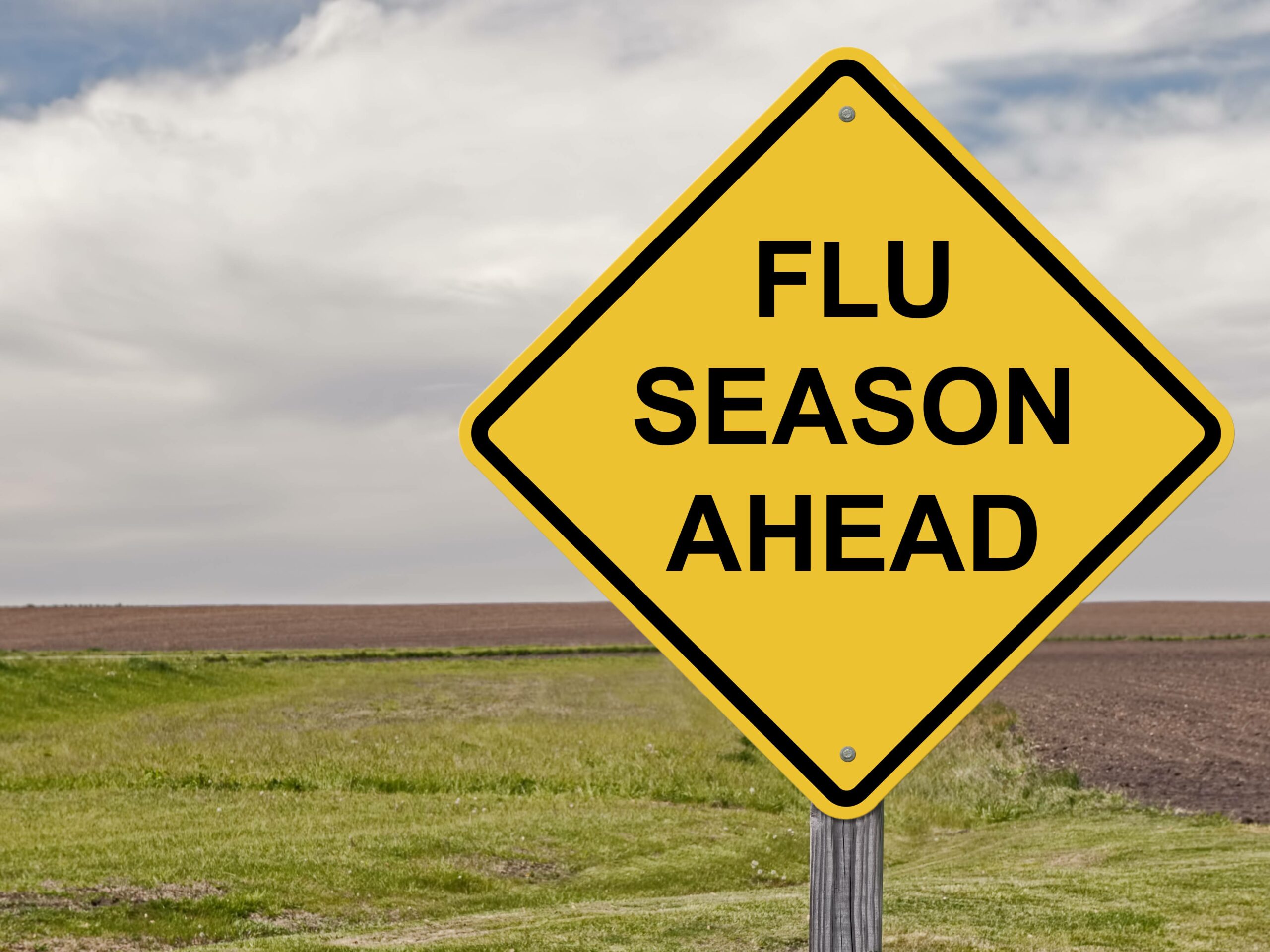
Benefits of getting a flu vaccine
- Flu vaccination can keep you from getting sick with the flu. This protection also means you are not spreading influenza to family, friends and co-workers.
- Vaccination can help protect people who are at greater risk of getting seriously ill from the flu, like older adults and those with chronic health conditions.
- If you do get sick, vaccination can make your illness milder.
- Vaccination can reduce the risk of hospitalization and death.
Why do some people get a flu-like illness after they have been vaccinated against the flu?
- Some people become ill from other respiratory viruses such as rhinoviruses, which are associated with the common cold and cause similar symptoms as the flu. These viruses also spread during the flu season. The flu vaccine only protects against the influenza virus.
- It is also possible to be exposed to the flu virus shortly before getting vaccinated or during the two-week period after vaccination that it takes the body to develop immune protection. This exposure can result in a person becoming ill with flu before protection from the vaccine takes effect.
- Another reason some people develop flu-like symptoms despite being vaccinated is that they may have been exposed to a flu virus that is different from the viruses in the vaccine. The ability of the flu vaccine to protect a person depends on the “match” between the viruses selected to make the vaccine and those spreading and causing illness.
Is the “stomach” flu really flu?
No. The stomach flu is used to describe illnesses with nausea, vomiting or diarrhea. Even though these symptoms can be related to the flu, these symptoms are rarely the main symptoms of influenza. The flu is a respiratory disease and not a stomach or intestinal disease.
Who should not receive the flu vaccine?
- Those who have previously had a severe allergic reaction to the influenza vaccine or any of its ingredients.
- People who have a moderate-to-severe illness with or without a fever should wait until they recover before getting the vaccine.
- People with a history of Guillain-Barre syndrome after receiving the flu vaccine.
- Those who have an allergy to eggs should also discuss this with their physician to determine if they have a true allergy or sensitivity to eggs. There are some vaccines that are egg-free.
References: http://www.cdc.gov/
Get the facts about the flu here, and the truth about the flu vaccine here.









